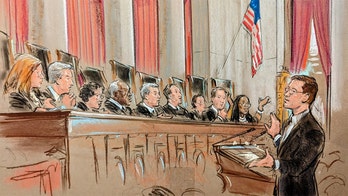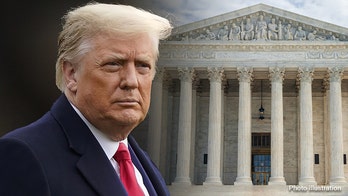The recent European Parliament elections have sent shockwaves through the continent as center-right and right-wing parties have emerged victorious, while traditional liberal leaders have suffered humiliating defeats. As EU leaders gather for the first time since the vote, the fate of top EU positions and the future of European policy hang in the balance.
European leaders will face a daunting task when they convene in Brussels on Monday for their first official gathering since the European Parliament election, which witnessed a seismic shift in the continent's political landscape.

Europe's Political Revolution: Far-Right Surge and Leadership Shakeup
The elections revealed a widespread dissatisfaction among European voters, who turned out in record numbers to support center-right and right-wing nationalist parties. Traditional liberal leaders, such as French President Emmanuel Macron and German Chancellor Olaf Scholz, suffered significant losses, signaling a rejection of their centrist policies.
German Chancellor Ursula von der Leyen, from the center-right European People's Party (EPP), is widely expected to secure a second term as head of the EU executive, the European Commission. With support from 13 EU leaders from the EPP, along with France and Germany, she has the backing necessary for nomination.

Europe's Political Revolution: Far-Right Surge and Leadership Shakeup
Former Portuguese Prime Minister António Costa is set to take over as president of the European Council, which chairs summits, while Estonian Prime Minister Kaja Kallas, a liberal, is in line to become the next high representative for foreign affairs.
The leaders' choices must still be approved by the European Parliament, which votes in its first session on July 16. The full 27-member European Commission, including the foreign policy chief, also needs parliamentary support.
EU leaders will discuss policy goals for the next five years, emphasizing common values, defense, and economic competitiveness. They will draw up a "strategic agenda" that will guide EU policy in areas such as energy security, climate change, and innovation.
Mario Draghi, former Italian prime minister and president of the European Central Bank, will present a report on boosting the EU's economic prospects. He is expected to call for cheaper energy and a capital markets union to facilitate investment.
The electoral earthquake in Europe highlights a growing dissatisfaction among voters, who feel that traditional liberal leaders have failed to address their concerns. As far-right and nationalist parties gain ground, it remains to be seen how EU leaders will respond and whether they can restore trust and stability in the bloc.
The shifting political landscape in Europe has profound implications for the future of the EU. The rise of far-right and nationalist forces could challenge the EU's fundamental values and cohesion, while the center-right's dominance could lead to a more conservative and less progressive agenda.
The upcoming meeting of EU leaders will be a pivotal moment in the continent's history. The choices they make will shape the future of the EU and determine whether it can navigate the challenges posed by political polarization, economic uncertainty, and global instability.










